Environmental Activism and IT Recycling
In today’s world, environmental activism and IT recycling go hand in hand. It is crucial to adopt sustainable practices when disposing of electronic waste to minimize its impact on the…
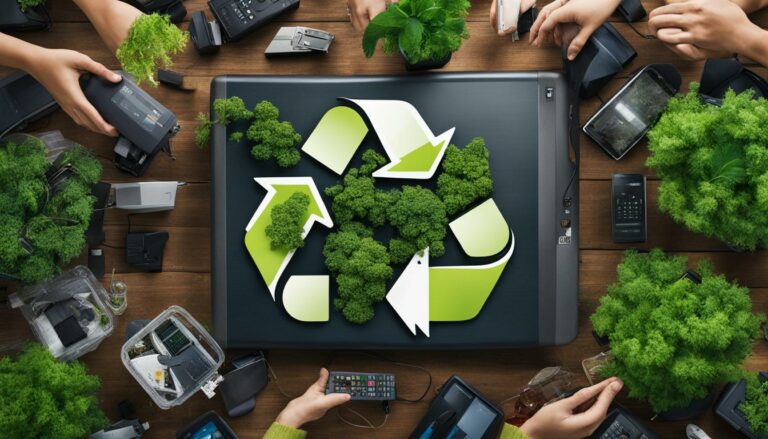
In today’s world, environmental activism and IT recycling go hand in hand. It is crucial to adopt sustainable practices when disposing of electronic waste to minimize its impact on the…
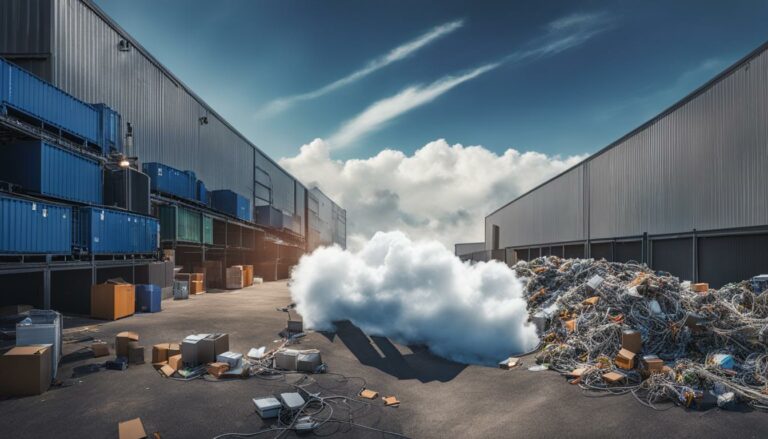
Cloud computing has revolutionized the way businesses store and access their data, but it has also brought about environmental concerns related to IT recycling. The disposal of data storage devices…
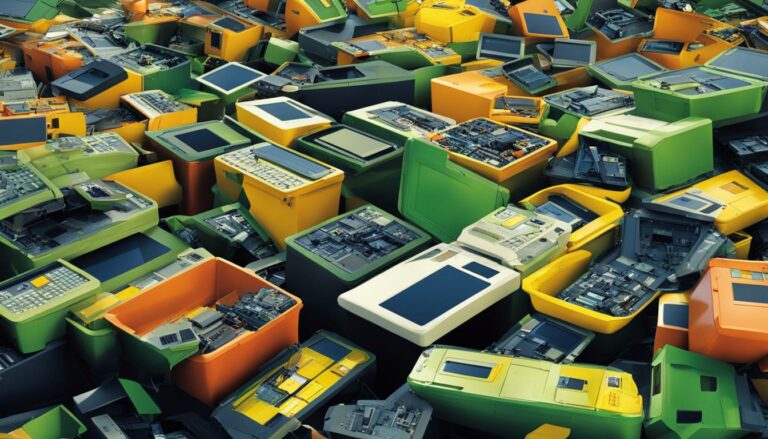
E-waste, or electronic waste, refers to discarded electrical or electronic devices. It is also known as waste electrical and electronic equipment (WEEE) or end-of-life electronics. E-waste can be found in…
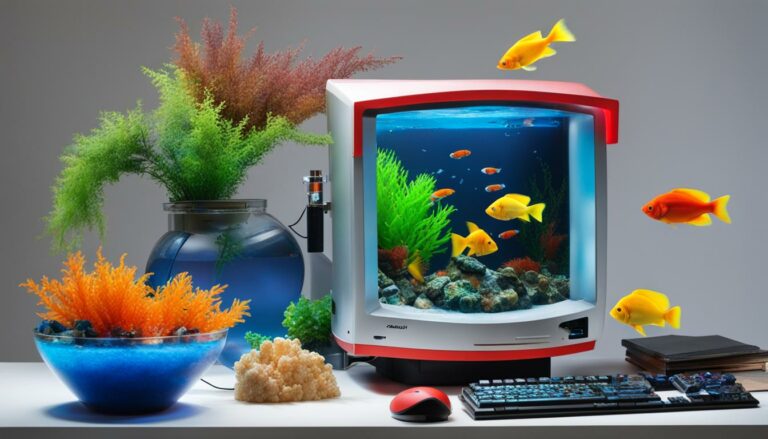
Repurposed IT equipment is more than just old machines. It’s about preserving the history of personal computing, making new discoveries, and embracing sustainability. Vintage computers have their own stories and…
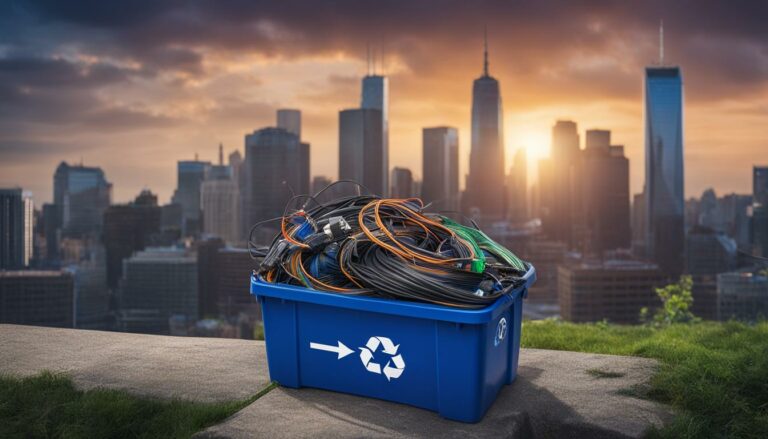
When it comes to disposing of network cables and accessories, it is important to follow best practices to ensure proper recycling and minimise harm to the environment. Many electronics contain…
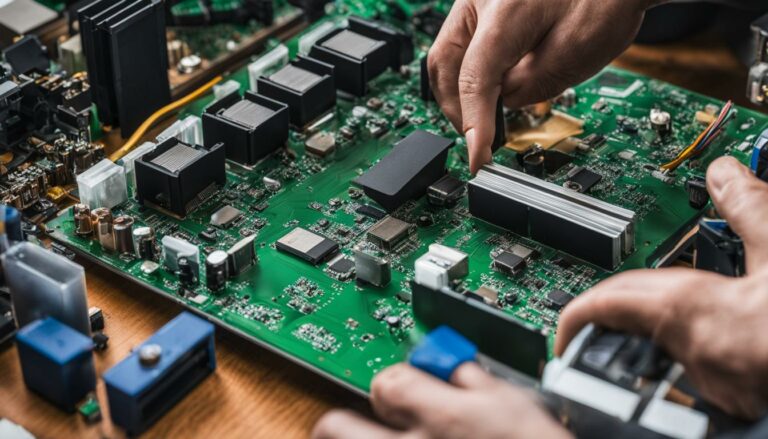
Computer recycling is the process of dismantling and separating components and raw materials from waste electronics. It involves separating high-value metals from low-value materials such as plastics. Precious metals and…
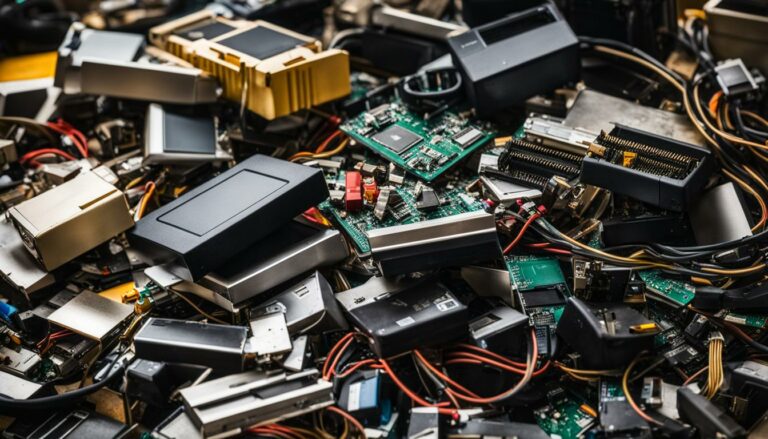
Corporate IT recycling is an essential step for companies to achieve sustainability and uphold their ecological responsibility. Improper disposal of IT assets can lead to data breaches and pose a…
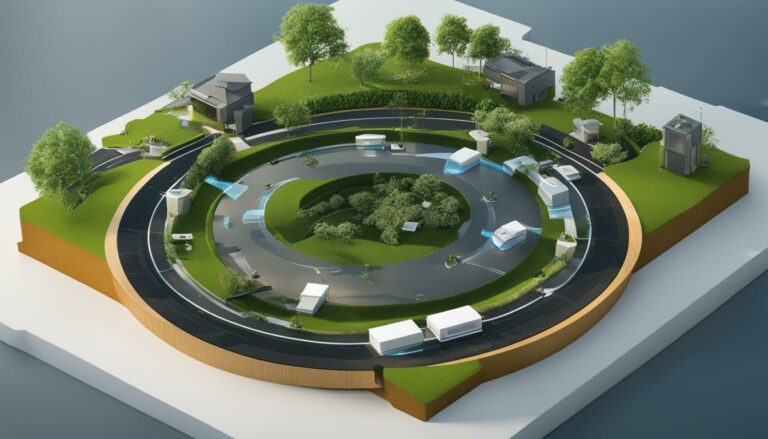
In today’s rapidly evolving world of technology, the concept of the circular economy is gaining momentum. It offers a new perspective on how we consume and dispose of IT products…
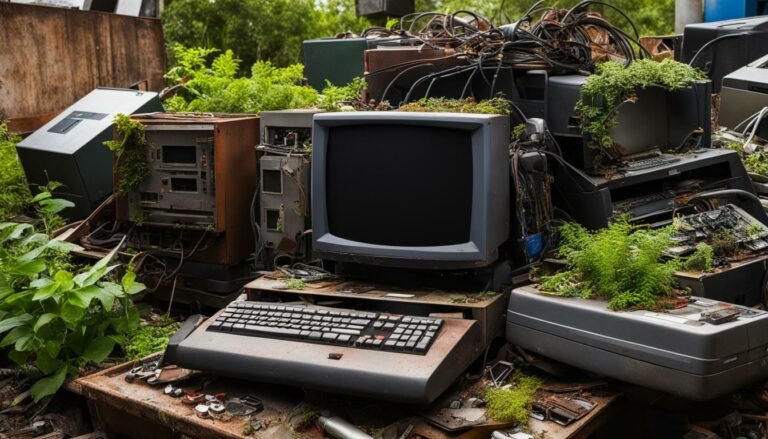
Old computers from the 1980s and 1990s, like the Macintosh SE, may seem outdated and obsolete by today’s standards. However, these machines played a significant role in the early days…
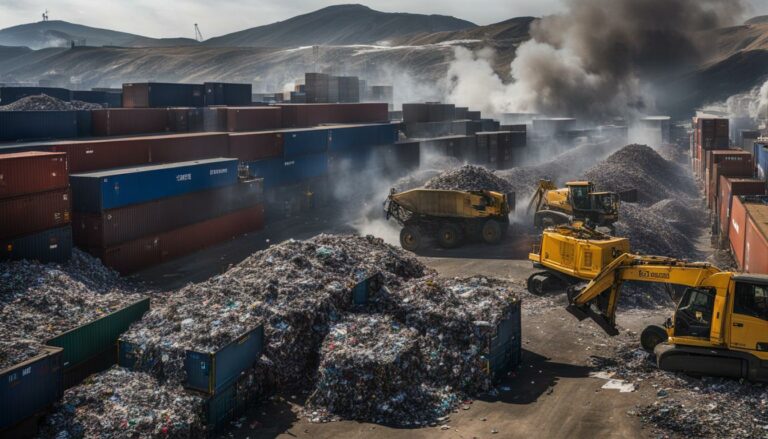
Electronic waste disposal is a pressing issue in today’s technology-driven world. As the reliance on IT equipment grows, so does the need for sustainable IT solutions and responsible recycling services….
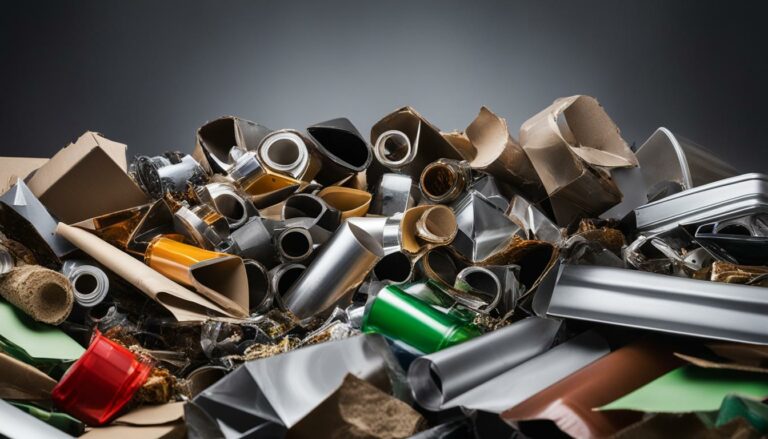
The COVID-19 pandemic has brought about changes in various fields, including the digital industry. The development of information and communication technology has accelerated the digitisation of traditional industries, raising the…
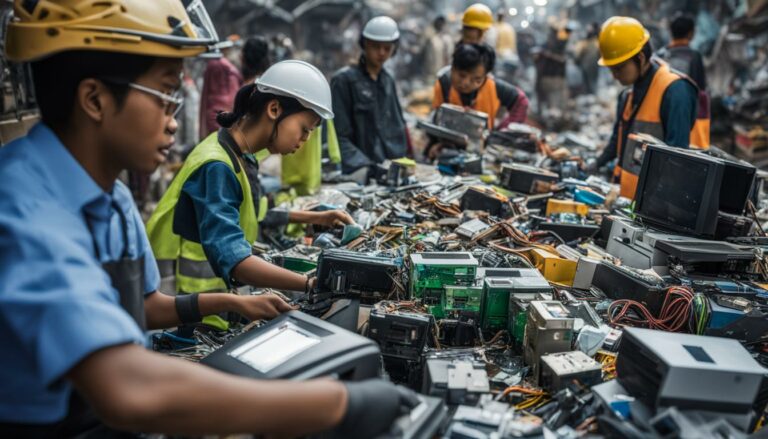
E-waste is a growing environmental and social concern, with the global generation expected to increase annually. Improper e-waste management leads to harmful effects on the environment, human health, and depletion…
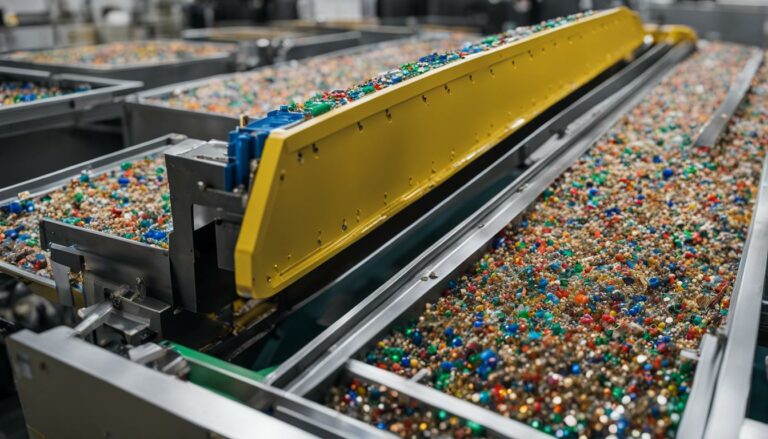
Safe and sustainable disposal of End-of-Life (EOL) electronic waste is a major concern due to its hazardous and toxic constituents. Recycling and recovering valuable and rare metals from obsolete electronics…
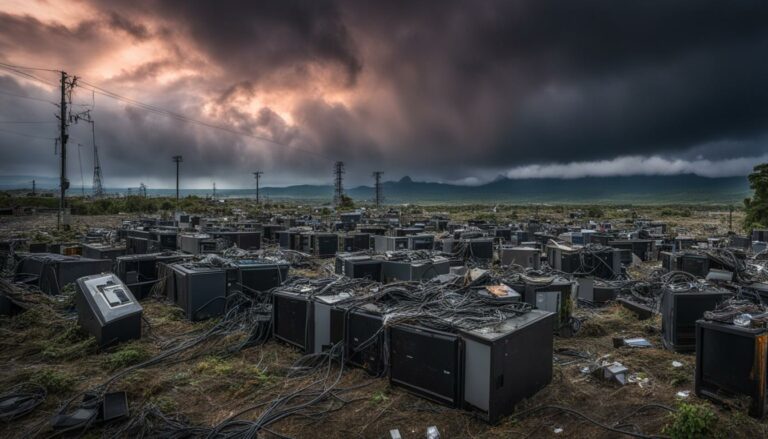
The world’s e-waste problem is growing at an alarming rate, with projections showing that global e-waste will nearly double by 2030. Less than 20% of the world’s discarded electrical items…
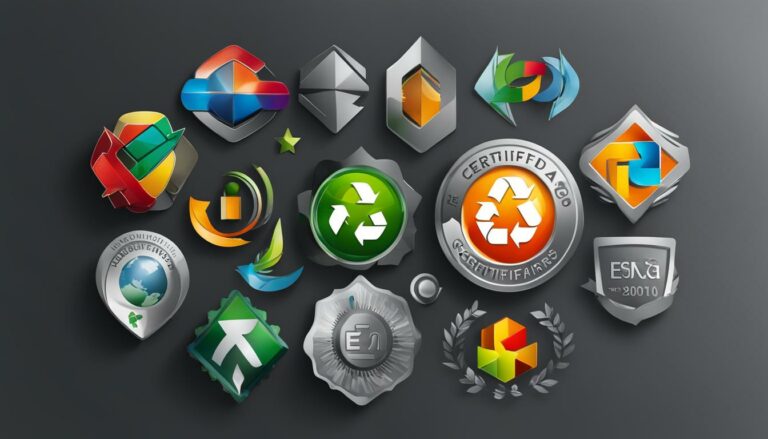
When choosing an IT recycling vendor to handle your end-of-life technology devices, it is important to consider their certifications. These certifications ensure responsible disposal, data safety, and adherence to UK…
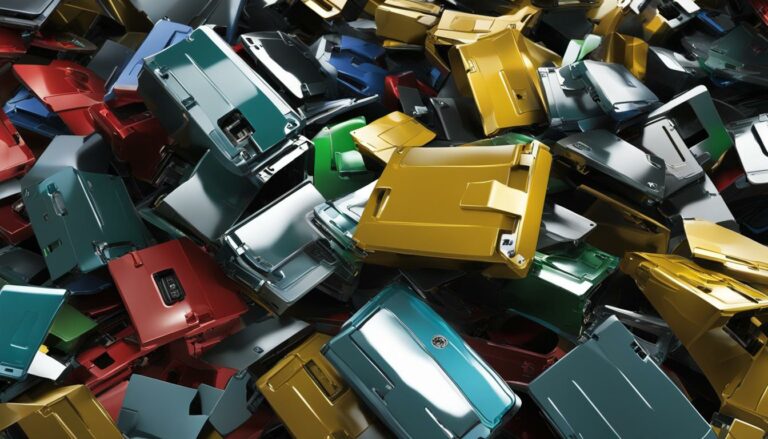
In today’s digital age, secure data destruction has become a crucial aspect of recycling electronic devices. As businesses and individuals upgrade their computer equipment, it is essential to ensure that…
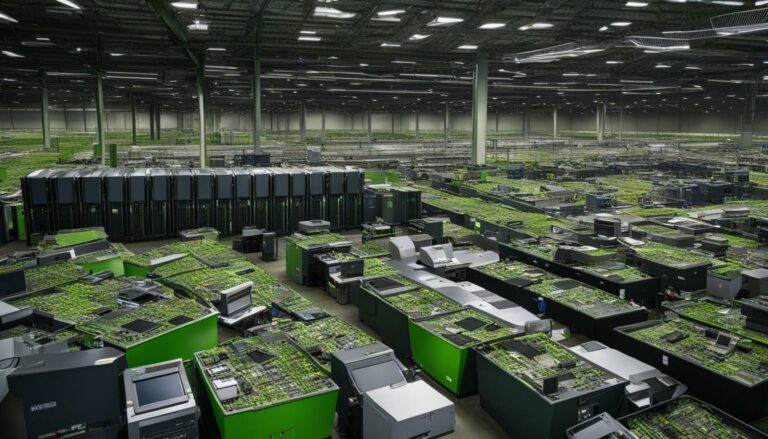
IT recycling encompasses a wide range of electronic waste disposal and technology recycling services. From old desktops to redundant data centres, responsible IT asset disposal is essential for sustainable IT…

Recycling and upcycling are two different approaches to managing IT equipment waste. Recycling involves breaking down the components of a product to be used as raw materials for new products….
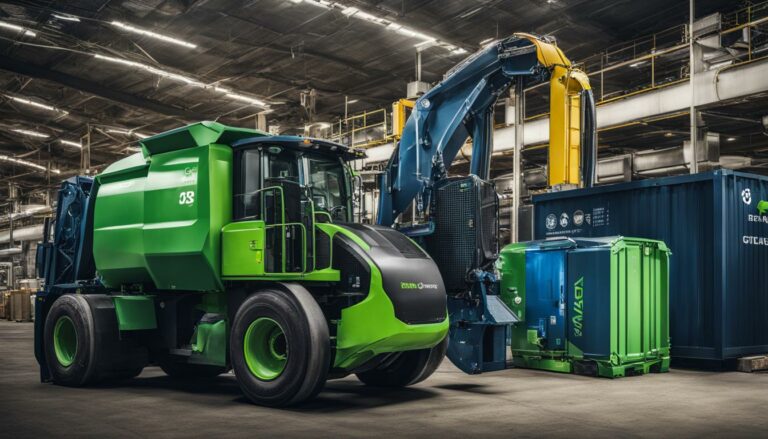
The IT Recycling industry plays a crucial role in electronic waste management and sustainable IT disposal. It is a growing sector that focuses on resource efficiency, waste reduction, and the…
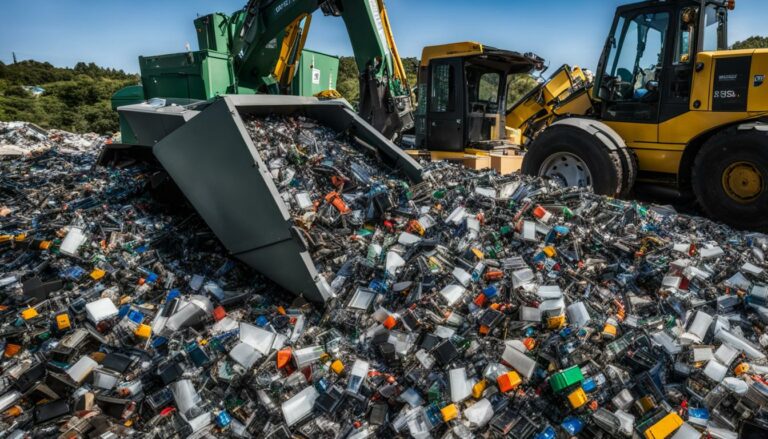
According to a survey by the Royal Society of Chemistry, there are 40 million unused gadgets in UK homes, with 45% of people hoarding up to five unused devices. This…

The utilization of plastic materials has led to significant plastic waste accumulation, with 86% of plastic ending up in landfills. The challenges in plastic recycling include the prevalence of single-use…